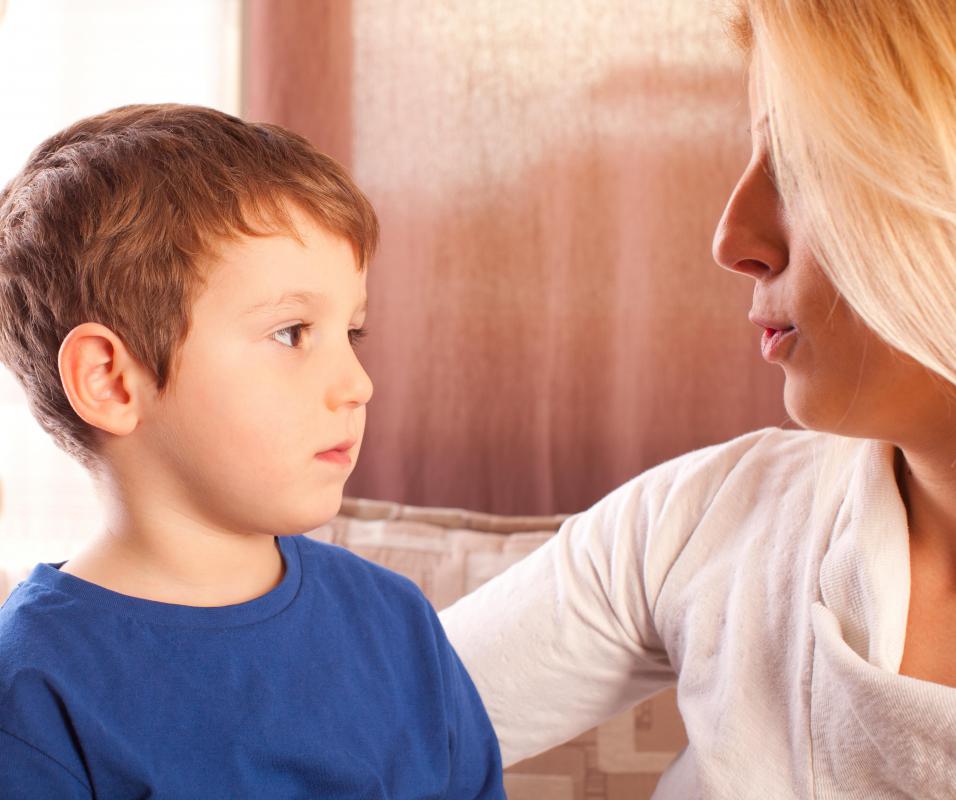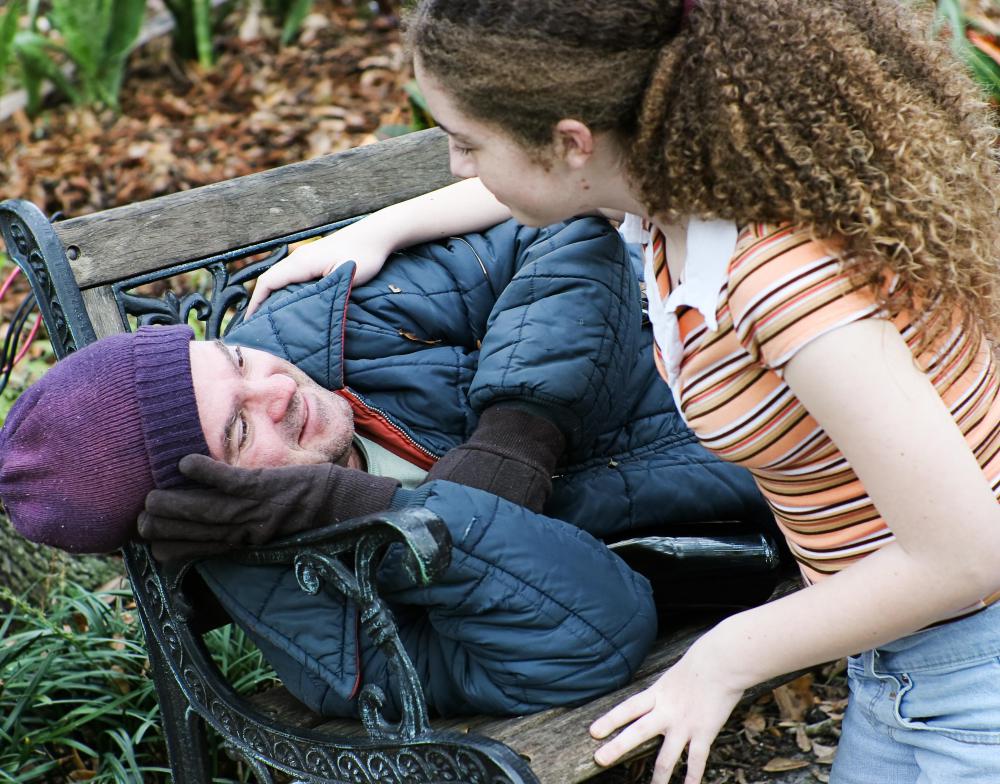At PracticalAdultInsights, we're committed to delivering accurate, trustworthy information. Our expert-authored content is rigorously fact-checked and sourced from credible authorities. Discover how we uphold the highest standards in providing you with reliable knowledge.
What is a Welfare Officer?
Broadly speaking, a welfare officer is anyone whose job it is to ensure the wellbeing or survival of any distinct group of people. One of the most common uses of the term concerns social welfare; officers in these settings often advocate for underprivileged families, individuals, and communities, and work to provide things like affordable shelter, food, and employment opportunities. The general concept of “welfare” is usually much broader than this, though. An officer with this title in a corporate setting might work alongside human resources to ensure that all employees have a workplace conductive to growth and profitability, for instance, and a professional working in a school might spend the bulk of his or her time helping students feel adjusted and making sure that teachers have all the resources they need to lead effectively.
Welfare Basics

In many places, the term “welfare” has a deep association with poverty, particularly when it comes to government entitlement programs that help raise people’s socioeconomic situations. This is consistent with the basic meaning of the word, which concerns the wellbeing or, literally, the “faring well” of people and communities. When applied across sectors of society, the meaning is quite robust.

There are many different ways to ensure wellbeing that have little or nothing to do with money. Anywhere that has organized groups of people has a possible use for someone skilled in ensuring harmony and wellbeing. The day-to-day work of professionals with this sort of job description can vary tremendously depending on industry, but the overarching goal is usually the same no matter what.
Social Welfare

Social welfare officers typically work for governments or localities. Their job duties can vary depending on place and department, but in most cases they’re concerned primarily with the safety and health of children and minors. They are often trained to work with families who are at the lower income brackets of the community, many of whom live in poverty. The professionals make sure that parents are providing for the needs of the children and keeping them out of harm's way. This sort of job often involves a lot of travel to visit people in their homes and to make assessments of living conditions.

Officers in these settings might also work in government entitlement offices, and they are often responsible for screening potential beneficiaries and handling distributions. They might also be in charge of making referrals to other social services agencies.
Labor Settings
In corporate and business settings, this sort of officer typically ensures that employees are being treated fairly by their employers. They make sure that the regulations set forth by law are being followed. In most instances, labor welfare officers are the voice of the employees, and often work alongside human resources officers and labor union officials to advocate for employee rights. A person with this title might speak on behalf of an employee to ensure that he or she is provided with adequate medical care, pay, and job security, for instance. The officer will usually also address any grievances that an employee has and will bring those grievances to the attention of the employer.

Some businesses hire these sorts of people onto the permanent staff, or they might also be contracted out by private firms. A lot of this depends on the business’ vision. Companies that are very concerned about their employees’ wellbeing might install this sort of person as something of a check and balance. Large multinational corporations also sometimes staff people with this sort of expertise in order to keep consistency across divisions and departments.
Role in Education

Within the educational sector, welfare personnel typically work with students, parents, teachers, and schools to promote a healthy and productive academic environment. They frequently do a lot to make sure that the classroom is a positive place for people of all backgrounds and that schools are able to cater to all students equally. Among other things, they might help children who have disciplinary problems to make sure that they remain on the right path, and help provide teachers with needed resources and support. Education welfare officers usually get involved with a student once a problem has arisen. They assist with assessing the child and his or her needs, and will also write any reports needed by the school system.

An education officer is usually vital when it comes to improving communication between home and school environments. They usually are able to forge trusting relationships with both children and parents, and are important liaisons as well as advocates.
AS FEATURED ON:
AS FEATURED ON:


















Discussion Comments
It's a blasted shame that some social workers -- in this state, at least -- don't get more training than they do. There's nothing worse than a child services worker who doesn't have kids but thinks it knows what it takes to raise a child. Hopefully, enough lawmakers will get outraged that some acts will be passed and that will change.
Post your comments